.In progress
clara.lemeurcuzon(AT)gmail.com
https://paulineagustoni.com/
Presentation of the project “Slow Response Code for the workshop of Yves Citton “Alterraforming planet earth” during rhe fifth conference of the Critical Edge Alliance that took place at Paris 8 University on June 15-17, 2022.
This year’s conference theme was :
The Alliance aims to create a new global community of learning and research, but also to promote the following ideals:
- Democratic participation, social inclusion and social justice in order to encourage active citizenship in communities and the world at large.
- Human understanding and empathy across national, ethnic, cultural, gender/sexual and religious differences.
- Collaboration and partnerships of knowledge exploration, between university and society, across academic disciplines and among faculty and students.
- Active and mutual learning towards personal and communal development
- Combination of practice and theory in order to encourage reflection and critical questioning to identify and address problems in the world.
![]() .
. ![]()
In progress
Currently working with designer and researcher Pauline Augustoni on setting up a conference about the topic of memory imbedded in textiles. Together, we go through valuable research we conducted as part of our graduation projects. If you would be interrested to host this lecture and have more information about the format, feel free to contact me.
clara.lemeurcuzon(AT)gmail.com
https://paulineagustoni.com/
Critical Edge Alliance
17/06/2022 - Paris 8 Université, Saint-Denis, France.
Presentation of the project “Slow Response Code for the workshop of Yves Citton “Alterraforming planet earth” during rhe fifth conference of the Critical Edge Alliance that took place at Paris 8 University on June 15-17, 2022.
This year’s conference theme was :
"Acting in Higher Education in Response to Climate Change”
Critical Edge Alliance is a global collaborative framework for universities that focus upon student-centered learning, critical thinking, interdisciplinary teaching and research, and social engagement.The Alliance aims to create a new global community of learning and research, but also to promote the following ideals:
- Democratic participation, social inclusion and social justice in order to encourage active citizenship in communities and the world at large.
- Human understanding and empathy across national, ethnic, cultural, gender/sexual and religious differences.
- Collaboration and partnerships of knowledge exploration, between university and society, across academic disciplines and among faculty and students.
- Active and mutual learning towards personal and communal development
- Combination of practice and theory in order to encourage reflection and critical questioning to identify and address problems in the world.
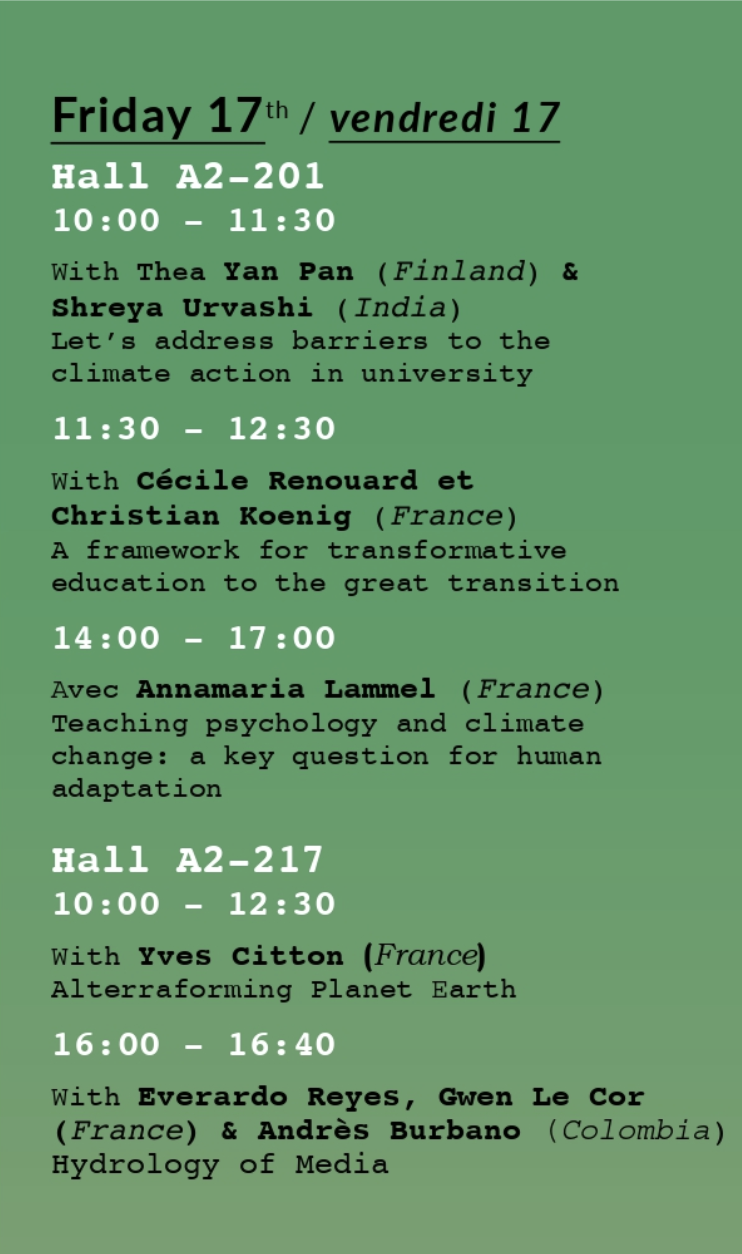 .
. 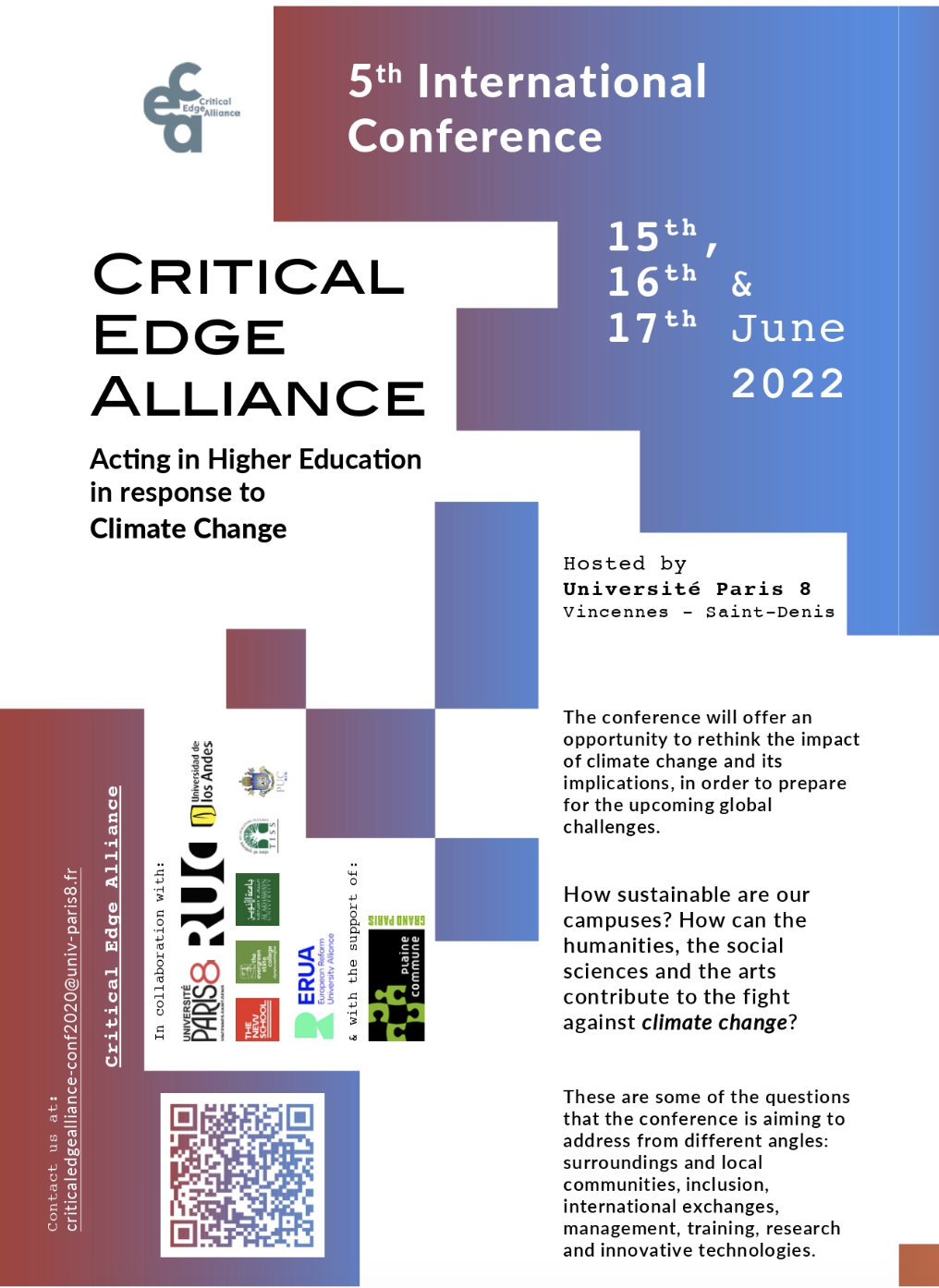
Kazerne Design Award
03/09/2020 - Kazerne, Eindhoven, Netherlands.
https://kazerne.com/en/kda2020/
The Kazerne Design Award is a prize meant to encourage recently graduated students from Design Academy Eindhoven.
The jury grants the winner with eternal fame and 5000 euro. To get started. Sponsored by Stichting Loyola.
JURY
Lonneke Gordijn is half of the celebrated designduo Studio Drift. Their work is a quest for balance in the relationship between human/nature/technology, and is exhibited worldwide at leading museums, art fairs and institutes like Kazerne.
Kiki van Eijk is one of the most accomplished names of Dutch Design. Her world is whimsical and colorful, lyrical and personal, yet refined by skillful craftsmanship.
Annemoon Geurts is the founder and creative director of the renowned design hub Kazerne where she, together with guest curators like Joseph Grima, Lidewij Edelkoort and Ilse Crawford, shows the meaning of design for the world of tomorrow.
With pride we present the 10 Design Academy Alumni that are nominated for the first edition of the Kazerne Design Award: Yarden Colsey, Pauline Esparon, Shaakira Jassat, Fides Lapidaire, Romain Laval, Clara le Meur, Leo Orta, Mies Raadgever, Federico Rosa and Lucas Zito.
The 3mn presentation from each nominee had been published live on the web.
Moderator: Jeroen Junte
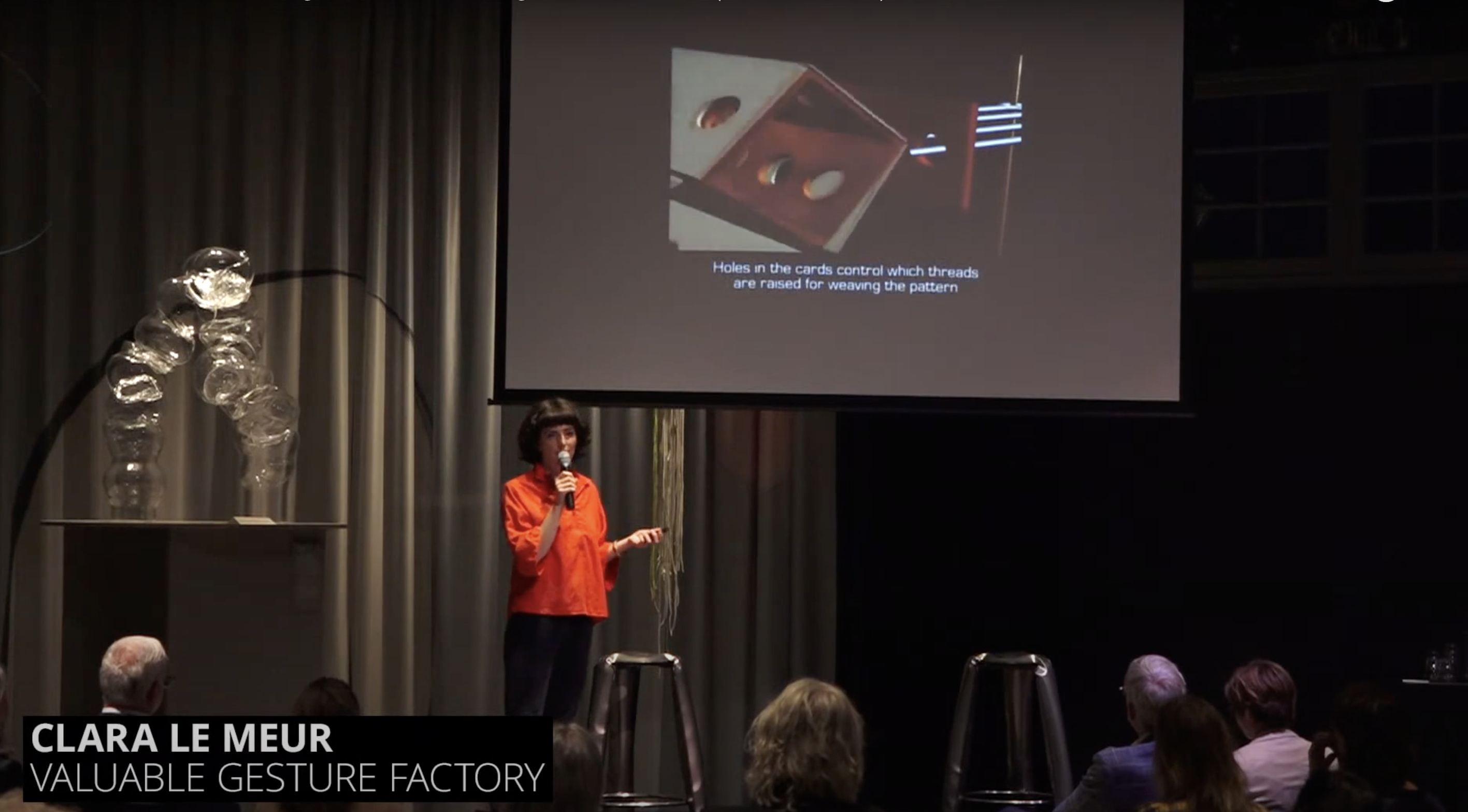
Fragmented Symposium - No Is Not Enough
8-9/07/20 - Online event, hosted by
Onomatopee x IFL
Fragmented Symposium - No Is Not Enough
8-9/07/20 - Online event, hosted by Onomatopee x IFL
Onomatopee x IFL (informal feminist library) presents Fragmented Symposium - No Is Not Enough, a discussion between IFL librarian Pauline Agustoni, artist and musician Clara Le Meur and designer Marie Declerfayt. How does the Covid-19 crisis affect our lives? What societal issues are exacerbated by it? How do medias communicate about Covid-19? What strategies are there to react to the crisis and how do we invent new ways of living for the future?
Such questions accompany us day by day as we try to figure out how to react to the crisis we are facing. Using a chapter of the book No Is Not Enough by Canadian journalist and activist Naomi Klein, we aim to link it to our own experience and use its insights on shock doctrine as a mirror to reflect on the current situation.
The discussion will happen in three parts during which we will read, react and debate. In the end of each session, there will be time for the online audience to enter the discussion, ask questions and add comments.
![]()
Such questions accompany us day by day as we try to figure out how to react to the crisis we are facing. Using a chapter of the book No Is Not Enough by Canadian journalist and activist Naomi Klein, we aim to link it to our own experience and use its insights on shock doctrine as a mirror to reflect on the current situation.
The discussion will happen in three parts during which we will read, react and debate. In the end of each session, there will be time for the online audience to enter the discussion, ask questions and add comments.
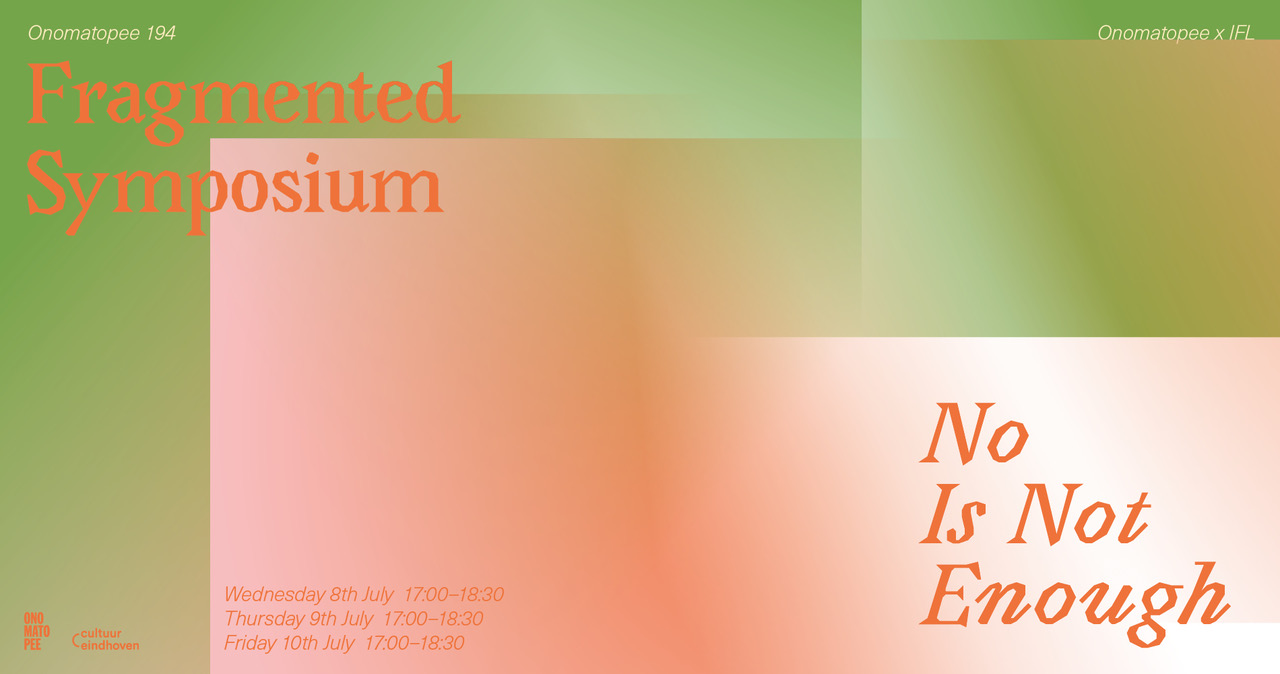
Kazerne Design Award Show
06/02/2020 -
ehvinnovationcafe, Kazerne, Eindhoven, Netherlands.
https://www.ehvinnovationcafe.org/2020/02/07/eic-6-feb-2020/We live in an era where the high-technology devices we used are black boxes with a hidden agenda.
Are we aware and understand the systems behind them? And are we able to make critical questions about them?
What are the limits of digital interfaces? Can we reconsider the role of materiality in an era where a lot of artifacts are becoming light and numbers?
Clara le Meur‘s graduation project ‘Valuable Gesture Factory’ is a physical translation of the digital economy hidden behind our screens, transforming users’ data or ‘dataomes’ into precious weaves. During her talk, Clara unfolded her research on the impacts of digital transformation on the relationship between users and artefacts, going through the historical links between the textile industry and the first computing technology to finally expose the vision she developed for her project ‘Valuable Gesture Factory.
How can a designer use Artificial Intelligence in her creative process? How can a Machine Learning algorithm help to obtain new insights, introduce new techniques, or benefit to the creative process? For her graduation project at the Design Academy Eindhoven, Vera van der Burg researched how she could integrate or use an AI in her own design process. Being a former neuroscientist, Vera’s main field of interest were object recognition algorithms and computer vision, and how these systems are being trained and used. In this talk, Vera presented her research and process, and how it all resulted in the art installation ‘Still Life’, presented during Dutch Design Week 2019.
This edition was made possible by Foundation Art + Tech Society.
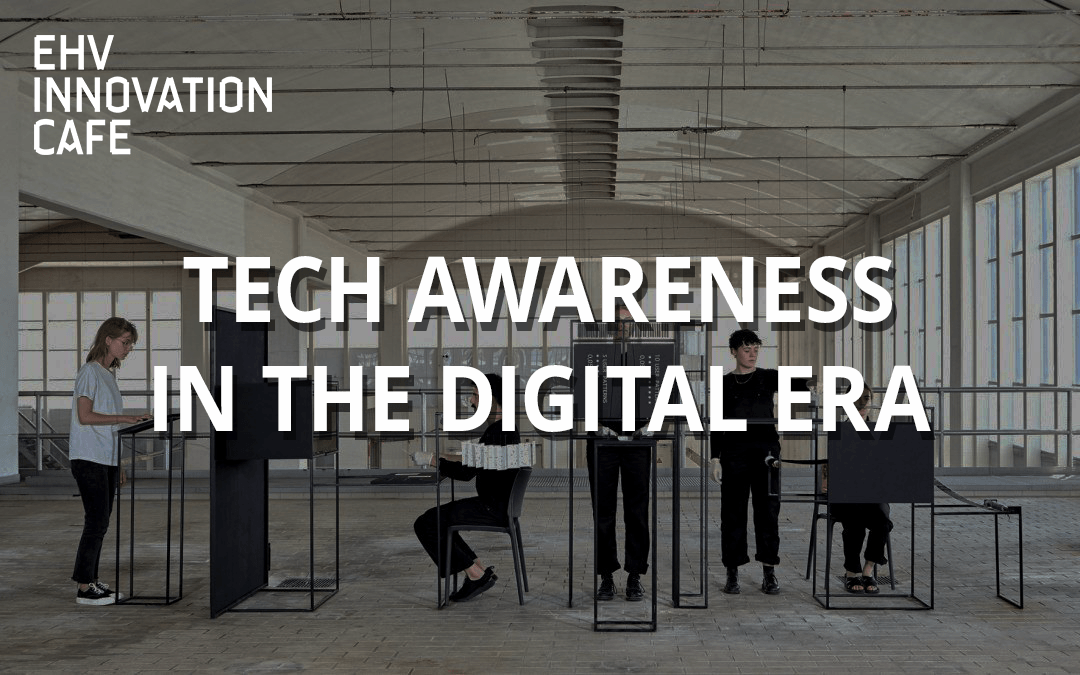
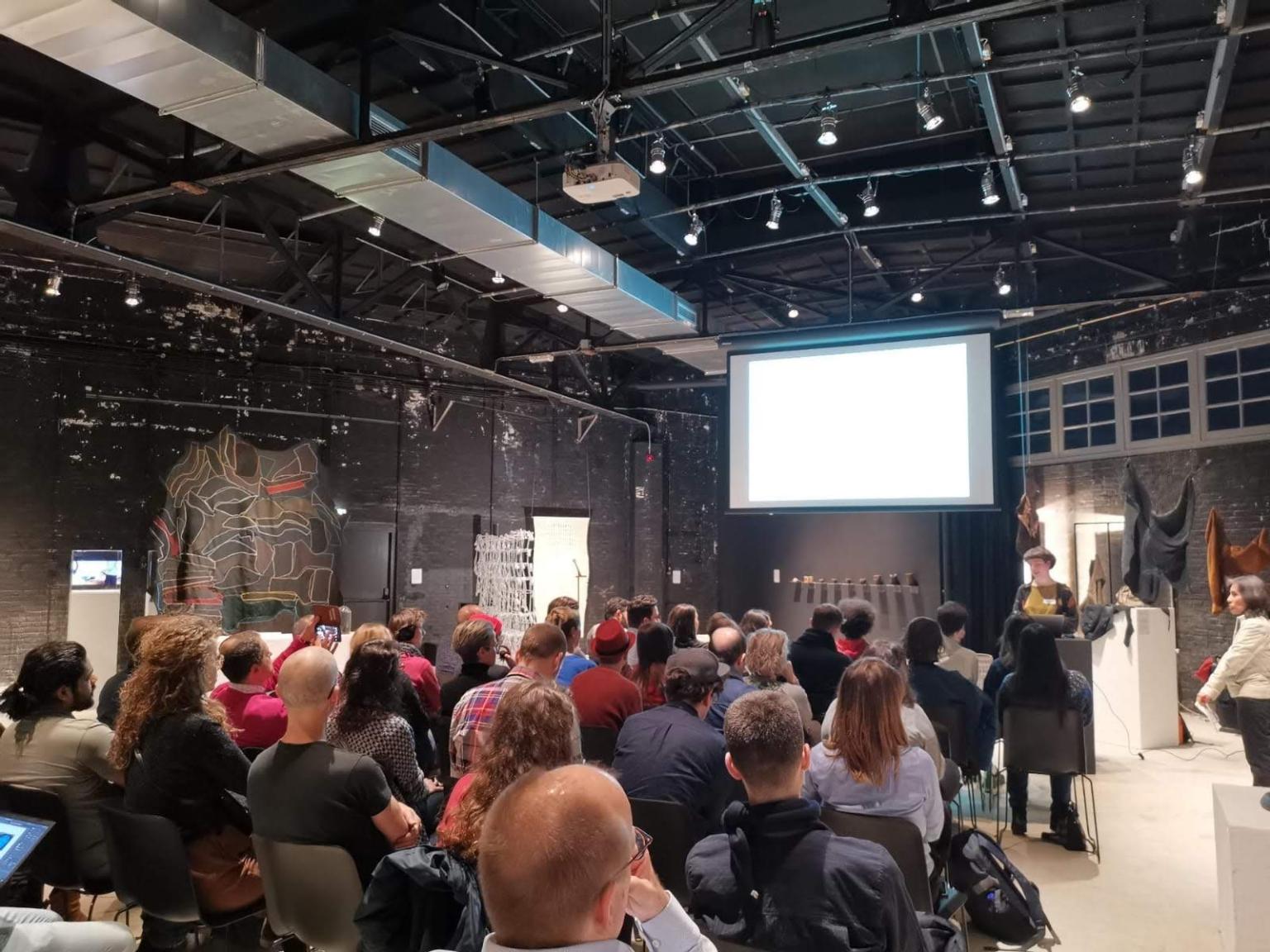
Dialogue on Design - Graduation Show - The Arena.
23 - 25 - 26 - 27/10/2019
DDW 2019, Campina, Eindhoven, Netherlands.
Natural cycles beat technology : How to challenge the notion of progress ?
What are the limits of digital interfaces?
Can we reconsider the rôle of materiality in an era where a lot of artifact are becoming light and numbers ?
Extract :
“As a young designer I am trying to define my practice, mine goes beyond the visual and I am interested in designing, thinking
and dessein anything with which humans are interracting with in their everyday life.
I like to consider objects as motors of our behaviours.
Knowing this it is important to analyse theses behaviors and understand them to see if we want to go in this direction.
We could say in the words of our ancestors in the field that this is belonging in the field of product/object design.
But the practice of design is evolving together with technologies, mentalities, cultures, practices…in a word, with the “progress”.
Interogating myself about my practice in the near and further future, I cannot think in terms of product and objects.
Indeed, if we look at everything that had been conceived by our close ancestor in this field , and here I make the distinction with graphic design, we can already see that a lots of object are dissapearing in their classical shape to become pixels on flat surfaces.
With the project “Slow response code” I attempted to give a physical space to the phenomena that are happening Within the digital space. I still believe in the power of the physicality and it is interesting to interrogate the role and the place of materiality in our everyday life, and how it will be modified with the emerging technology. I am not against digital interface, and I believe that phones and computer are magical tools, But I believe we should question their usage and not let the smooth and attractive surfaces flatten our doubts and questions. “
credit photo : Maarten Statius Muller
